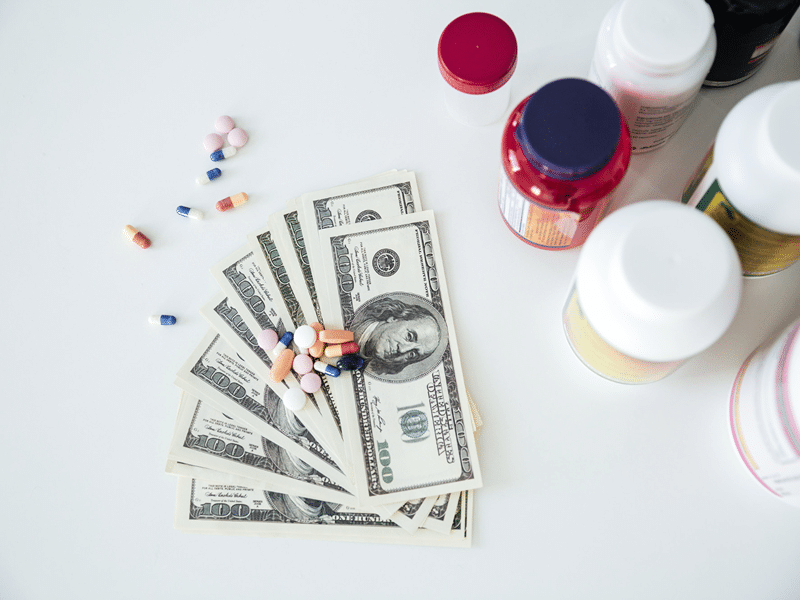- President Donald Trump has considered imposing “25% or higher” levies on imported drugs, although a recent announcement has temporarily exempted pharmaceuticals from such tariffs.
- Eli Lilly has invested significantly in U.S. production capabilities but also relies heavily on foreign manufacturing, particularly in Ireland. The company is concerned about having to absorb tariff costs, which could lead to reductions in staff or research and development (R&D) investments.
- The timeline for implementing tariffs on drugs remains uncertain, with a maximum investigation period of 270 days mentioned under Section 232 of the Trade Expansion Act.
- French Prime Minister Emmanuel Macron has criticized the proposed tariffs as “brutal and unfounded,” urging European countries to suspend investments in the U.S. until further clarification.
- Analysts from UBS speculate that pharmaceuticals might eventually be excluded from a baseline 10% tariff but remain cautious about potential industry-specific duties that could be phased in gradually.
Impacto: The proposed tariffs could increase operational costs for biopharmaceutical companies, particularly those relying on imported drugs or components. This may affect drug pricing and availability, with potential impacts on therapeutic areas requiring specialized or imported medications.
Next: Companies should evaluate their supply chain for vulnerabilities to tariffs and consider increasing domestic production capabilities. Engaging in advocacy for clear trade policies and preparing for potential cost adjustments in R&D and staffing are recommended steps. Focus should be on maintaining compliance while minimizing impact on drug costs and availability
Suscríbete a las últimas novedades regulatorias
Boletines informativos seleccionados
Información relevante de la industria
Acceda a información de expertos

